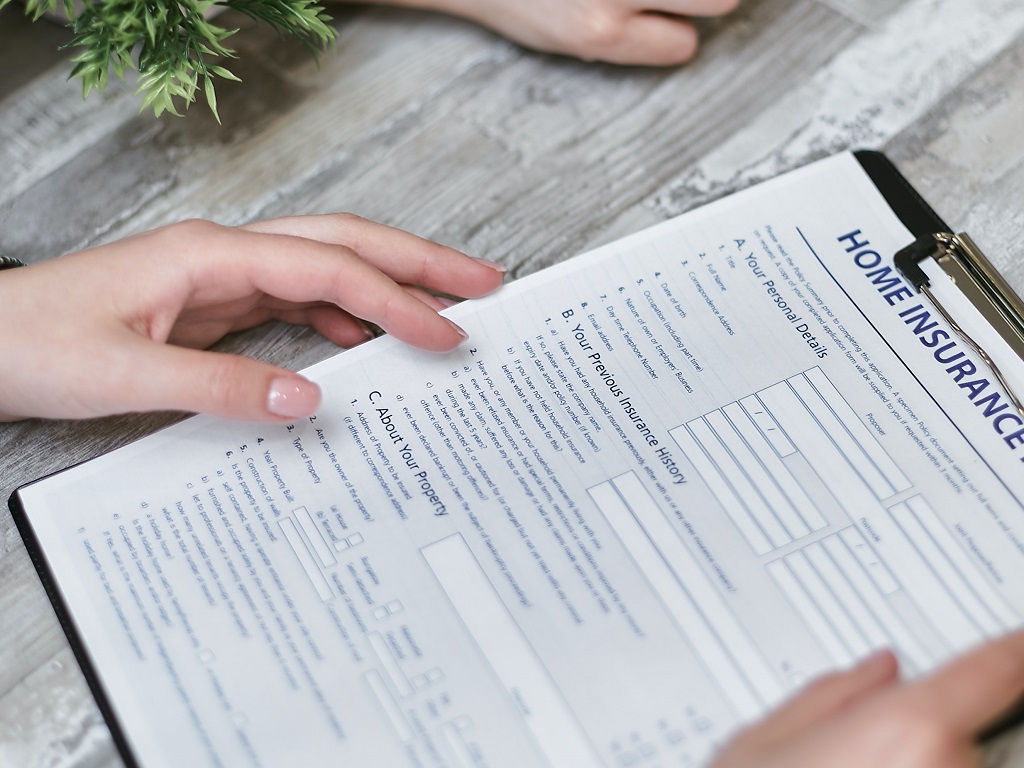Homeowners insurance offers you protection from the unexpected – anything from a leaky roof to a tornado. And if you’re one of those frequent movers, home insurance provides flexibility as your circumstances change. But there are several ways to make sure that you’re getting the best deal on your policy. The following tips can help if this is the first time you’re considering buying home insurance.
Get the Facts Right
When you’re looking for a house that’s right for you, take the time to get all the facts about insurance costs. You’ll want to know, for example, whether you can get a premium break by choosing a house with less flammable roofing. If you already own a home, there’s not much you can do at this point. But if you are still in the process of comparing homes, getting all the facts about the property can help you estimate the home insurance costs and pick the right property.
Opt for Enough Coverage
Did you know that a significant number of homeowners in the United States are underinsured? This is because most policy buyers are unaware of the “replacement value” of their home. The replacement value refers to what it would cost you to rebuild your home from scratch, taking today’s prices for materials and supplies into account. Since the cost of building materials has increased in recent years, it’s important to increase your coverage accordingly.
Buy Add-Ons
While a standard home insurance plan will cover the structure of your home and some of your personal belongings, it will likely not provide you full coverage for high-value possessions. If you have belongings that are expensive, it is best to opt for a personal articles floater to receive enhanced coverage. Although you may have to pay a little extra, we recommend doing this to ensure that all your valuable possessions are fully protected.
Protect Your Assets
If a guest trips down the stairs in your home and happens to be seriously injured, they could sue you and hold you responsible for paying their medical bills, which could amount to thousands of dollars. A standard home insurance policy, in this type of situation, will cover costs up to a specified limit; however, you will be responsible for paying the balance. Given this, it is best you protect

 Auto4 years ago
Auto4 years ago
 Auto4 years ago
Auto4 years ago
 Finance4 years ago
Finance4 years ago
 Health4 years ago
Health4 years ago
 Tech & Gadgets4 years ago
Tech & Gadgets4 years ago
 Finance4 years ago
Finance4 years ago
 Health4 years ago
Health4 years ago
 Tech & Gadgets4 years ago
Tech & Gadgets4 years ago






